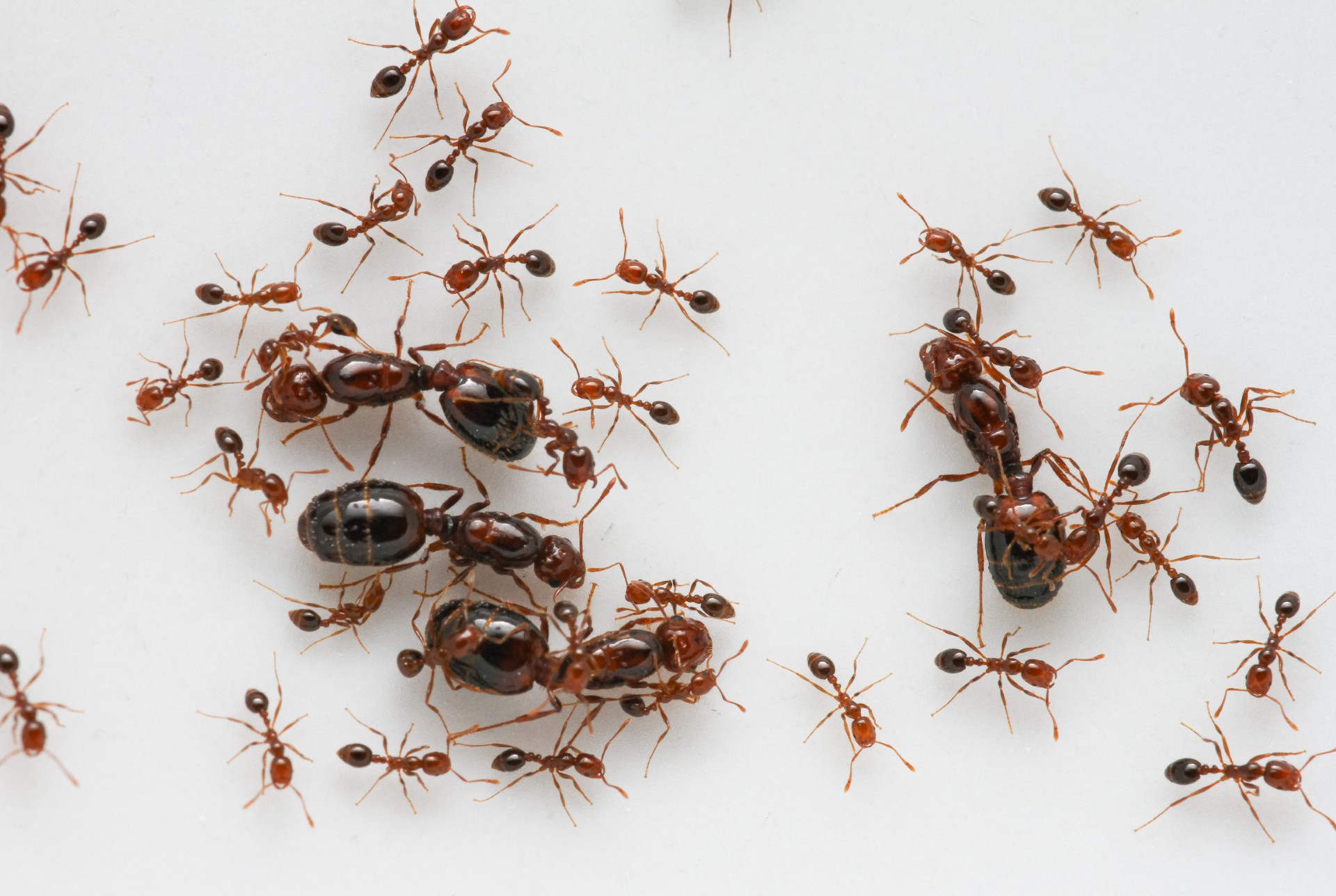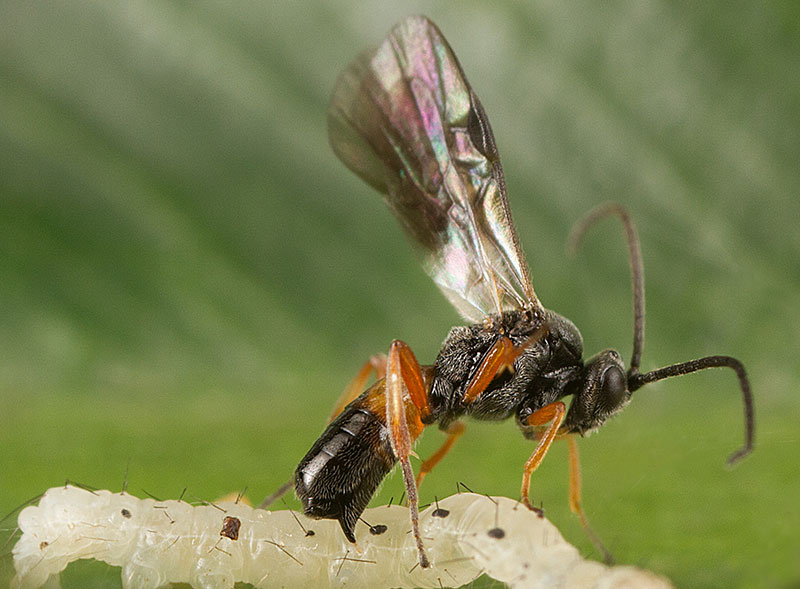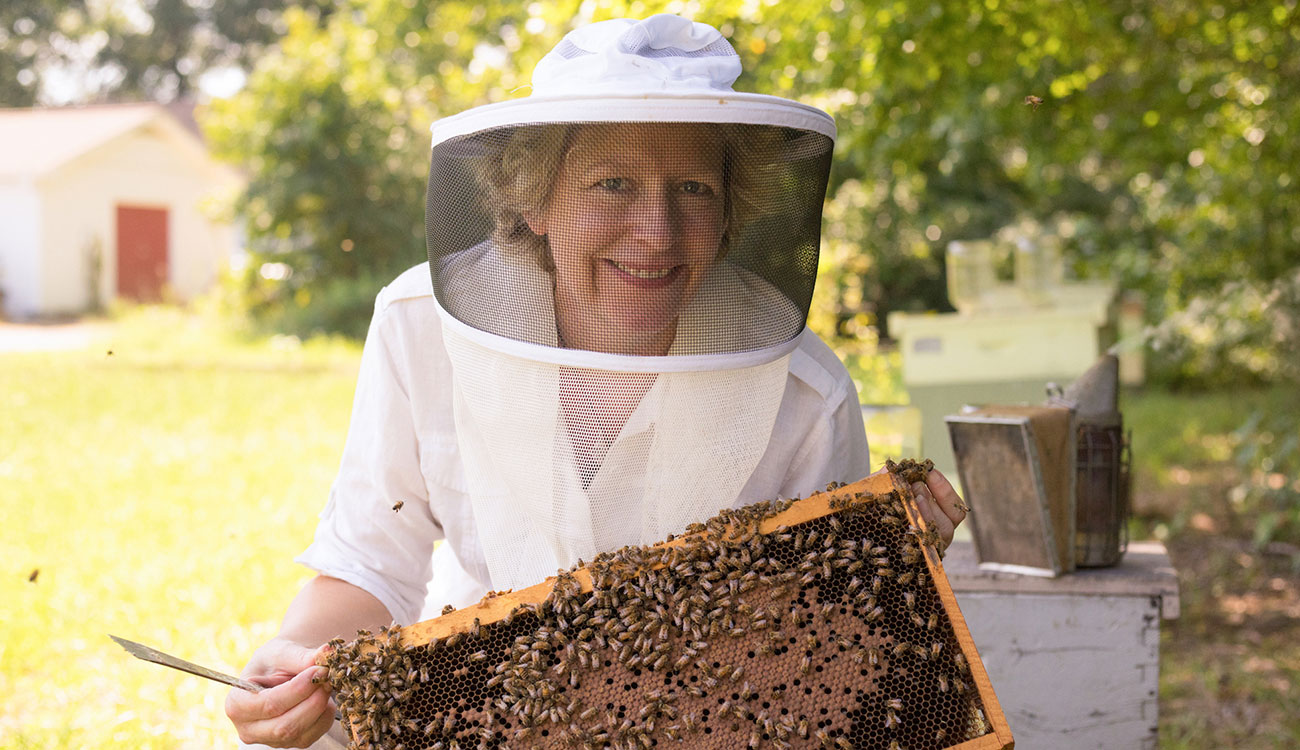 CAES News
CAES News
Fire Ant Research
Researchers at UGA working with fire ants are trying to understand how a small group of ants can convince a larger group to change a fundamental aspect of their behavior—whether they kill or nurture multiple queens. Their work was published this week in the Proceedings of the National Academy of Sciences. The lead author is Haolin Zeng, a postdoctoral researcher at the University of Georgia Odum School of Ecology who completed his PhD at the UGA College of Agricultural and Environmental Sciences in 2022.









